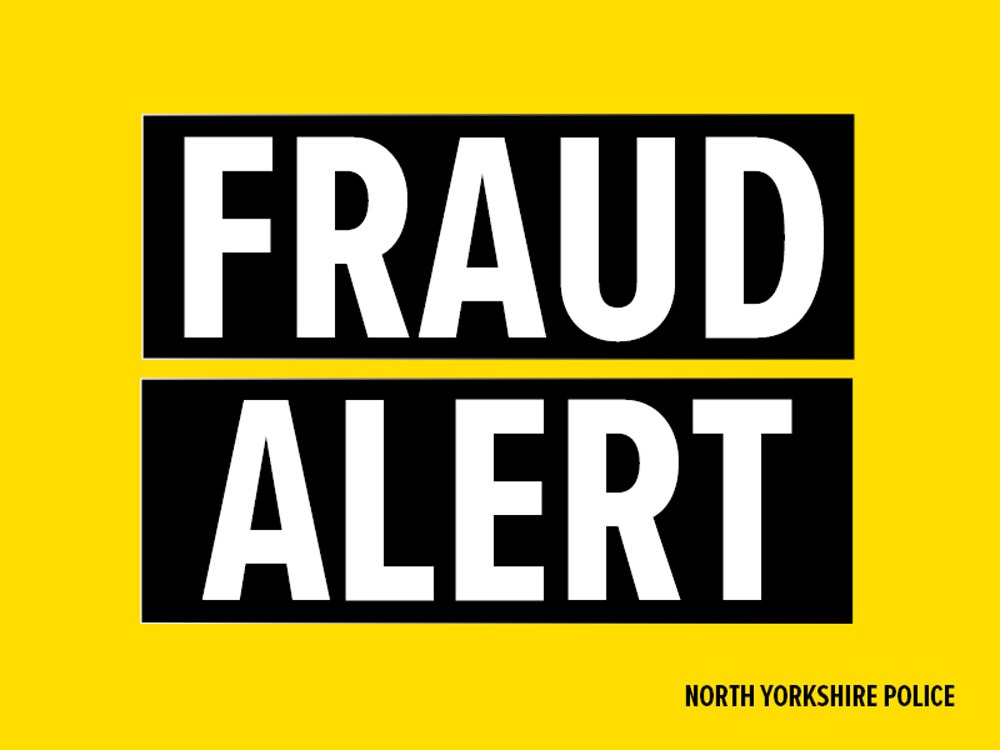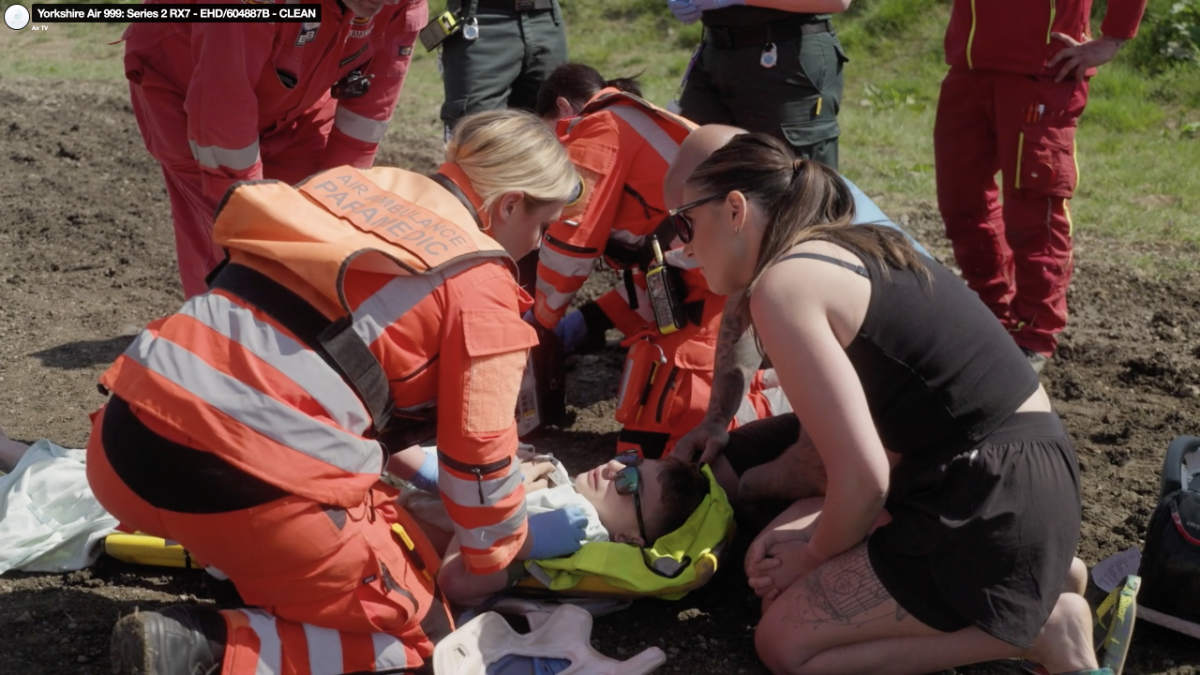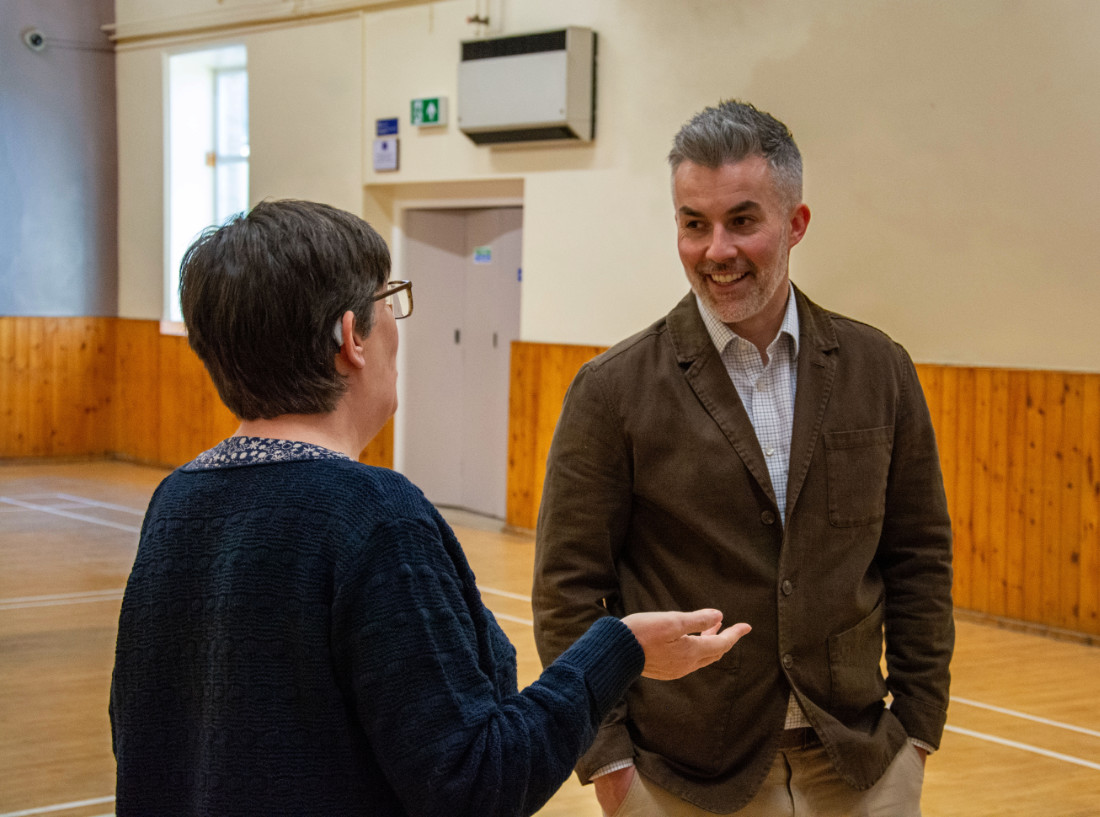A fraud prevention scheme aimed at identifying and protecting potential fraud victims when they visit a bank or building society branch has prevented £48,500 ending up in criminal hands in North Yorkshire in just over 24 hours.
Rolled-out nationally in the middle of 2017, the Banking Protocol enables bank staff to contact police if they suspect a customer is in the process of being scammed, with an immediate priority response to the branch.
On Thursday 3 May 2018 in York, an 85 year-old man and a 78 year-old man were contacted by someone purporting to be a police officer. The caller claimed that there had been suspicious activity on their bank accounts and that they needed them to withdraw money to aid the investigation.
The first man was convinced to withdraw £13,000, by claiming to his bank it was for a family wedding, and the other £8,000. On the same day, an 80 year-old Harrogate woman was manipulated into attempting to withdraw £7,500 from her bank in Harrogate by stating to her bank it was for her son’s wedding.
On Friday 4 May 2018, in another similar incident, an 86 year-old Knaresborough woman tried to withdraw £20,000 from her bank. She had been told by the fraudsters to purchase a watch with the money from a jewellers in Harrogate and then to take it home to be collected by ‘police’ at a later time.
Fortunately staff at a Lloyds Bank in York, a Yorkshire Bank in Harrogate and a Barclays Bank in Knaresborough realised that their customers were victims of fraud, alerted North Yorkshire Police under the Banking Protocol, and prevented the transactions.
In three further incidents on Thursday 3 May 2018, a 75 year-old Harrogate woman, a 93 year-old York woman, and another elderly York woman were called by fraudsters claiming to be police officers and asked to withdraw money.
Fortunately, all three women realised they were victims of fraud and either alerted North Yorkshire Police directly or through their banks, who in turn alerted the force under the Banking Protocol.
Investigations are ongoing to catch those responsible for the offences.
Detective Inspector Jonathan Rowland, of North Yorkshire Police’s Economic Crime Unit said:
Tackling fraud and protecting the most vulnerable people in our society is a key priority for North Yorkshire Police.
The fact that the Banking Protocol has prevented such significant amounts of money being lost to fraudsters this week shows how collaborating with the banks and building societies in North Yorkshire can make a real difference when it matters most.
It’s also positive that our message is getting out there and that members of our community are recognising that these types of calls are not genuine.
They absolutely did the right thing by ending the phone calls then either alerting the police or their banks.
North Yorkshire Detectives from the forces Economic Crime Unit are investigating these crimes and doing everything possible to catch those responsible.
Following the latest fake police fraud reports in the county this week North Yorkshire Police has reinforced its advice about what the police, or a banks, will never do:
- Phone and ask you for your PIN or full banking password, even by tapping them into your phone keypad.
- Ask you to withdraw money to hand over to them for safe-keeping.
- Ask you to transfer or withdraw money to a safe account for fraud or investigation reasons, even if they say it is in your name.
- Send someone to your home to collect cash, PIN, cards or cheque books if you are a victim of fraud.
- Ask you to purchase goods using your card and then hand them over for safe-keeping.
- Ask you to lie to your bank about why you are withdrawing or transferring money.
If you are a victim of fraud
If you believe you have been a victim of fraud, call North Yorkshire Police on 101 or report it to Action Fraud by visiting actionfraud.police.uk or by calling 0300 123 2040. In an emergency or if a crime is in action dial 999.
If you have any information regarding those responsible for such crimes, please contact Crimestoppers on 0800 555 111 or visit crimestoppers-uk.org







